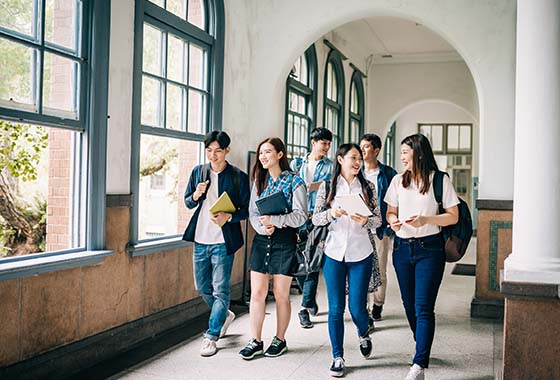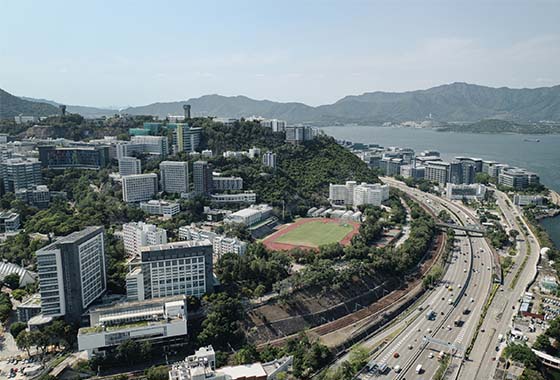A Vision for the Future of Education and the Role of Applied Education
Authors: Victor Kwok, Head of Education & Youth, and Jennifer Tang, Assistant Researcher at Our Hong Kong Foundation

Covid-19 outbreaks have led to frequent school closures and class cancellations, leaving K-12 students across Hong Kong with less than 100 days of face-to-face teaching in 2020. As the pandemic persists, teachers and learners have been compelled to adapt rapidly and flexibly to new formats of education through digital platforms, video interfaces, and other technologies. Inevitably, many parents are concerned about the quality of their children’s education. Yet, challenges are always accompanied by opportunities – 2020 has also ushered in unprecedented innovations in education, fostering collaboration between schools and social sectors.
In the latest imaginations of future education proposed by educators and researchers, much emphasis is placed upon lifelong learning, practical knowledge, and flexibility in modes of education. In light of global contextual changes, Hong Kong must pick up our pace in providing structural support for the future of our youths: not only should we promote innovative learning models, STEM programmes, and smart uses of digital technologies, but we also need an overall strategy to guide our education policy in an ever-changing society.
In alignment with the United Nation’s Sustainable Development Goals, international organisations, such as UNESCO, have repeatedly stressed the importance of flexible thinking, hands-on knowledge, problem-solving skills, and adaptability as core competencies for the future of work and life. In September 2020, the Organisation for Economic Co-operation and Development (OECD) published a new report, Back to the Future of Education: Four OECD Scenarios for Schooling, and mapped out four possible scenarios for the future of schooling: ‘schooling extended’, ‘education outsourced’, ‘schools as learning hubs’, and ‘learn-as-you-go’. The four scenarios together examine the potential outcomes of increased diversity and experimentation in the modes of teaching and learning, the increased participation of social stakeholders in education, and the blurring of boundaries between formal and informal learning. Central to all four scenarios is the suggestion that education will become more flexible, diversified, digitalised, personalized, and international.
Given these global trends, applied education can no longer be treated merely as the next best option for academic underachievers. Applied education is neither antithetical to theoretical knowledge nor merely vocational training; instead, we envision applied education as a pedagogy that understands theoretical and practical knowledge and skills as equally legitimate, important, and valuable for citizens of tomorrow. Applied education needs to be integrated as a mainstream and central part of our education system. In 2016, the World Economic Forum (WEF) had already predicted that over 65% of children entering primary school then would graduate into jobs that did not yet exist. Thus, conventional academic disciplines and degrees no longer suffice to prepare young people for the future world.
Our Hong Kong Foundation’s previous research report Applied Education: A Holistic and Flexible Education System for the Digital Age (2019) has argued that Hong Kong’s education system must become more socially relevant and forward-looking. Today’s education must offer comprehensive and flexible educational opportunities and pathways for all young talents. Apart from encouraging school-industry collaboration and enhancing resource provision, the Government should also reform assessment schemes to recognise and legitimate varied applied learning experiences, thereby delivering better opportunities for the city’s youths and further promoting lifelong learning for all Hong Kong citizens.



